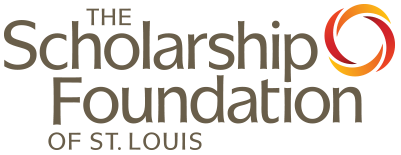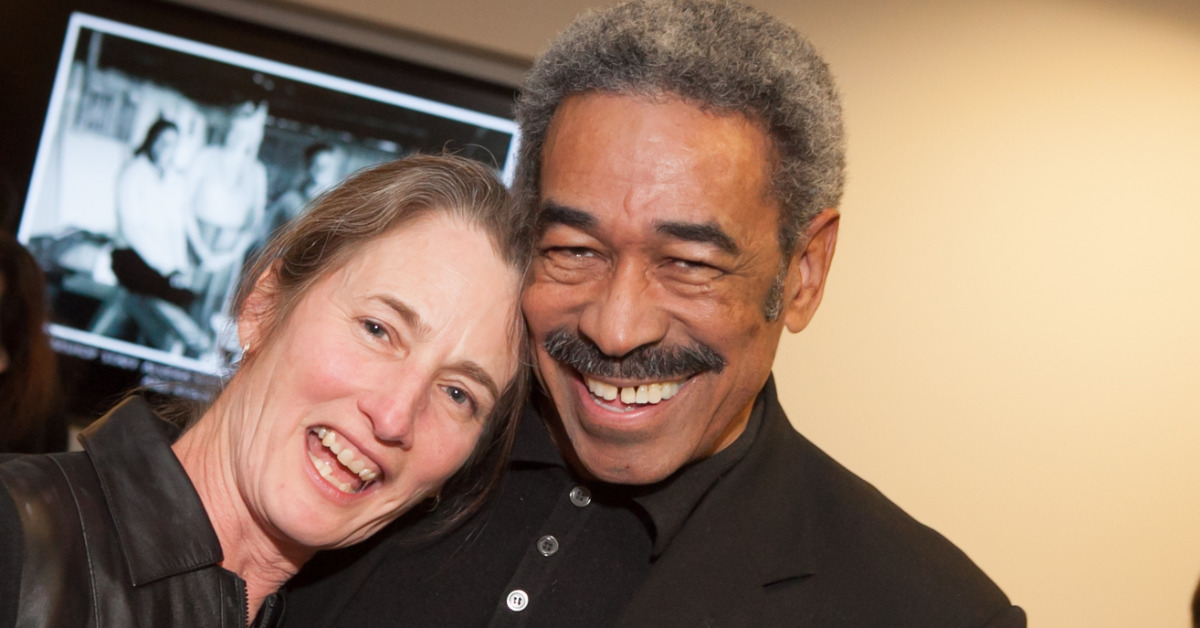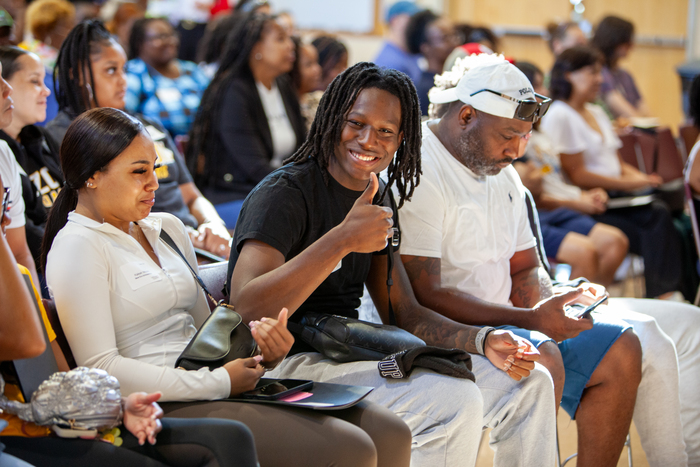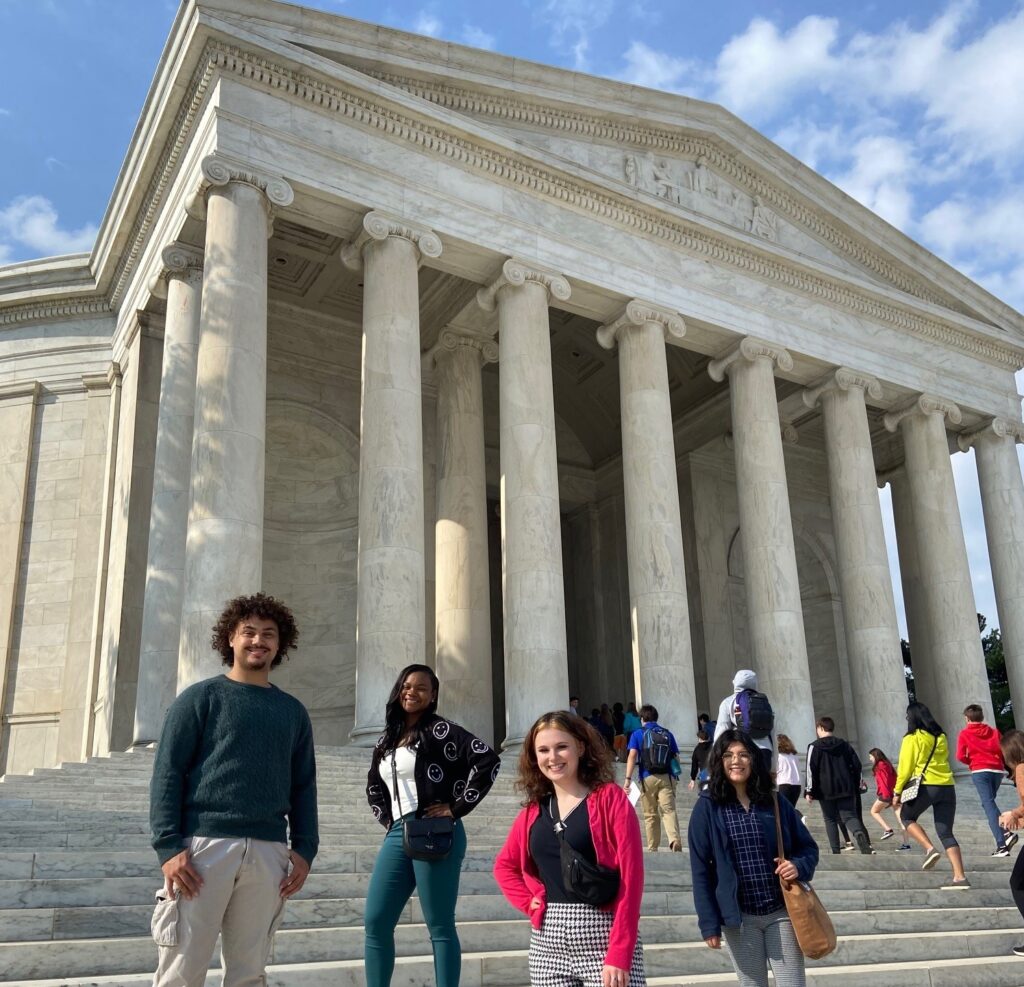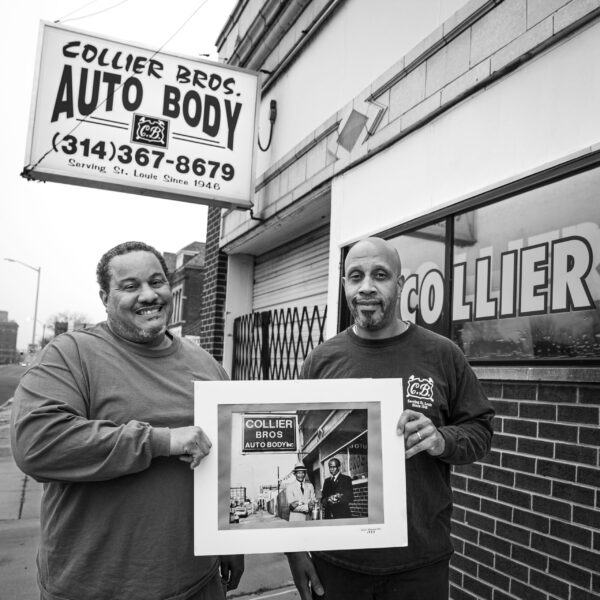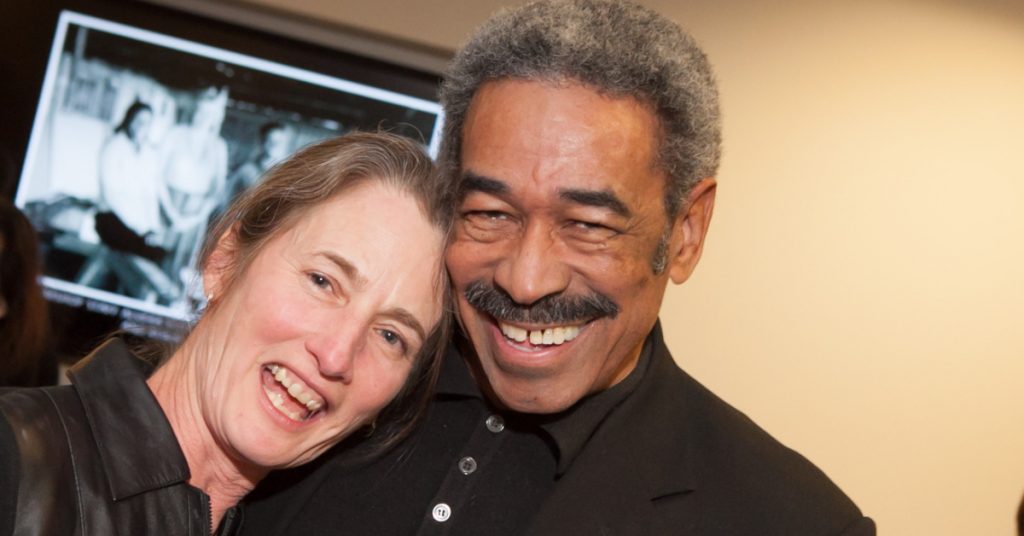
You really never know which one in the room is the prophet.
Richard Atkins, an architect in private practice, served on the board of directors of The Scholarship Foundation from 2004-2015. He served as board liaison to St. Louis Graduates, and has continued to attend Foundation events. Most recently, he was a member of the history subcommittee for the Foundation’s Centennial. Richard worked on timelines on the topics of race and democracy, recommended reading for all.
More than once during his board service, Richard raised a question about how we address the portion of our mission that emphasizes democracy. He challenged fellow board members and staff on why voting rights, voter suppression, and the disenfranchisement of young Black and brown people from voting were not a focus of our advocacy. Like many prophets, he was met with silence or befuddlement from others. Now, in 2020, at the close of our 100th year and on the eve of an election in which massive confusion, accusations of fraud, and the unrelenting pandemics of COVID and racism are raging, I asked Richard to give us another chance.
Where were you raised, and what do you remember about voting in your growing up years?
I was raised in the countryside near Stephens, Arkansas. That’s southwest Arkansas, not too far from the town of Hope where Bill Clinton grew up. I was raised by my grandmother. I remember that the few weeks before election was the only time the people running for office came by and respected us, even though they didn’t know us.
When and where did you first vote?
I first voted in St. Louis, in 1968. I was taking classes at St. Louis Community College and at the same time at Washington University. I wanted to finish, so I then transferred to Howard University. It’s a land grant institution, so it was affordable. My wife is from Kinloch, Missouri and we went to Washington together. I learned some things about politics there; it was hard not to learn if you were there when President Nixon resigned.
What caused you to question the ways the Foundation’s engages in democratic process years ago?
One of the most pleasing parts of my service was being on the Executive Committee. I like to say that civil society is a mile wide, but only an inch thick. We ebb and flow, back and forth, but the whole fabric of our society can be destroyed by lack of leadership. There’s nothing automatic about democracy. At the Foundation, we were focused on generating funding for folks to go to school and I fully support that, but I didn’t think that was enough. I saw that we had a lot more in our footprint than just funding. I wanted us to do better.
Early in 2020, the Foundation’s League of Student Advocates hosted a conference. On that day, 14 young people were registered to vote as they arrived. What do you think of that?
I think that’s great news. I have seen our advocacy accelerate, especially on issues of access and equity. People who are disregarded or displaced count on us. I think it’s our responsibility to provide funding, advice, and to work alongside as advocates. It’s not a coincidence, as you know, that the year of women’s suffrage coincides with the year of the founding of The Scholarship Foundation. And I suppose it’s not coincidental that the Foundation invited students to register to vote this year and made it possible for them to do so.
What request do you make of Foundation friends and family who read this blog, right now, in late October of 2020?
As an architect, I look and see the impact of human beings and it’s not all positive. Some of the greatest inventions lead to the greatest abuses. Climate change and damage to the oceans concern me greatly. We seem not to understand our commitment to the current and future common good. I want people to think of the greater good, to move through life leaving something for the community to remember you by. I think “agape” is the word, connoting community love and care. That’s the legacy I’d like to leave and a feeling I’d like to make more common. I want students to continue to pursue their education, their dreams. I have learned that through education you can direct your life and use your learning to benefit society. I want people to VOTE. That is my sole and loudest endorsement. You can do all the talking you want, but get off the sidewalk and into the polls and do something.
To review the history of The Scholarship Foundation in issues of democracy and race (both topics on which Richard contributed) see:
– Faith Sandler
